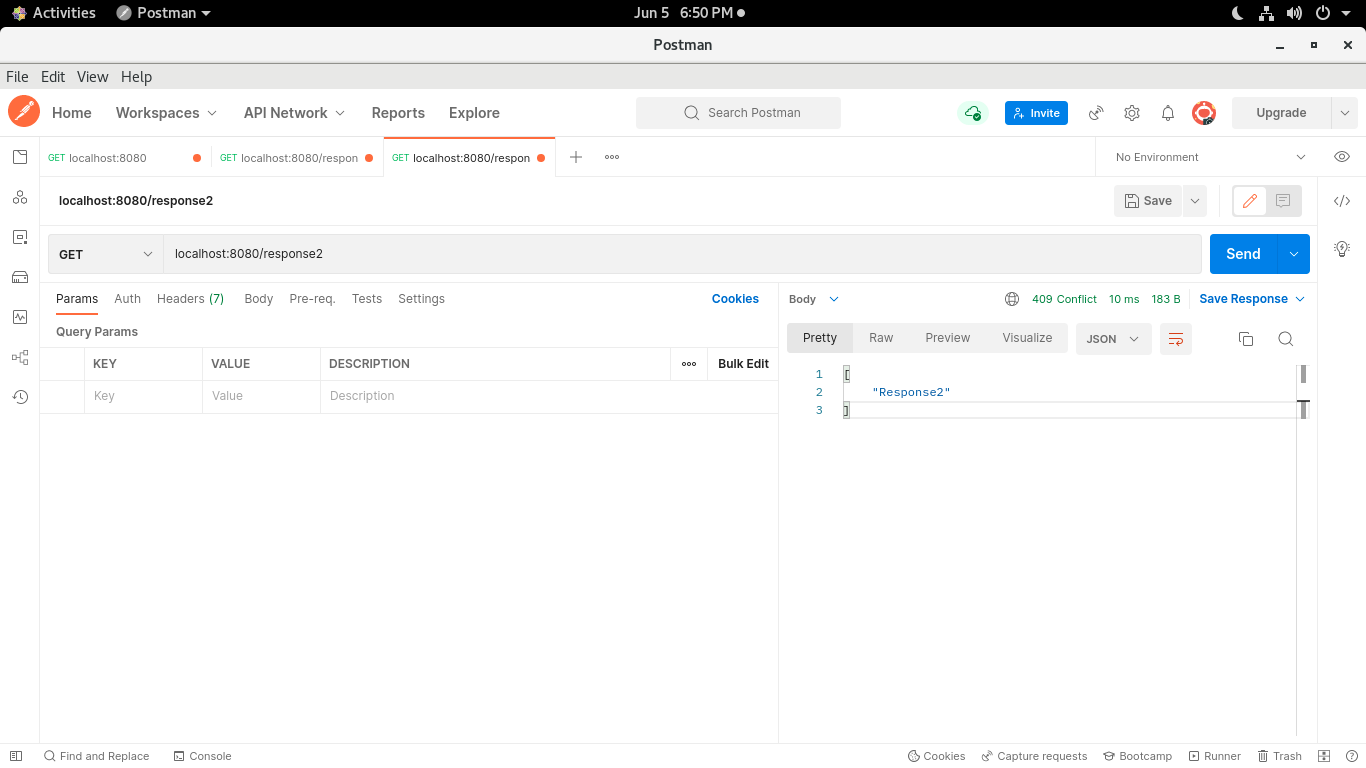This issue has driven me mad: Spring is such a potent tool and yet, such a simple thing as writing an output String as JSON seems impossible without ugly hacks.
My solution (in Kotlin) that I find the least intrusive and most transparent is to use a controller advice and check whether the request went to a particular set of endpoints (REST API typically since we most often want to return ALL answers from here as JSON and not make specializations in the frontend based on whether the returned data is a plain string ("Don't do JSON deserialization!") or something else ("Do JSON deserialization!")). The positive aspect of this is that the controller remains the same and without hacks.
The supports method makes sure that all requests that were handled by the StringHttpMessageConverter(e.g. the converter that handles the output of all controllers that return plain strings) are processed and in the beforeBodyWrite method, we control in which cases we want to interrupt and convert the output to JSON (and modify headers accordingly).
@ControllerAdvice
class StringToJsonAdvice(val ob: ObjectMapper) : ResponseBodyAdvice<Any?> {
override fun supports(returnType: MethodParameter, converterType: Class<out HttpMessageConverter<*>>): Boolean =
converterType === StringHttpMessageConverter::class.java
override fun beforeBodyWrite(
body: Any?,
returnType: MethodParameter,
selectedContentType: MediaType,
selectedConverterType: Class<out HttpMessageConverter<*>>,
request: ServerHttpRequest,
response: ServerHttpResponse
): Any? {
return if (request.uri.path.contains("api")) {
response.getHeaders().contentType = MediaType.APPLICATION_JSON
ob.writeValueAsString(body)
} else body
}
}
I hope in the future that we will get a simple annotation in which we can override which HttpMessageConverter should be used for the output.

